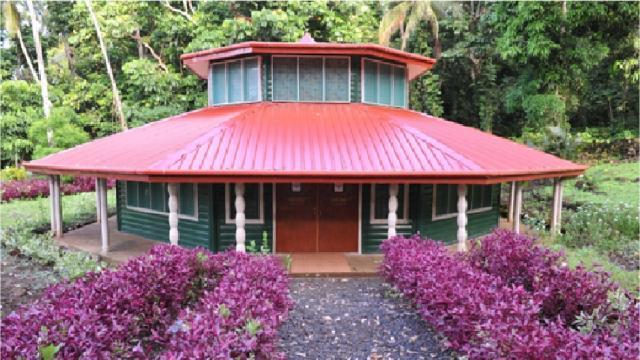
Presented in person and online. Zoom details below.
The temporal ambiguities of Win Neisen. Transformations of historicity in the Paliau Movement (Manus, Papua New Guinea)
Win Neisen is a local, indigenously developed church, that is the contemporary manifestation of the well-known Paliau Movement which started in Manus, Papua New Guinea, in 1946 (Mead 1956, Schwartz and Smith 2021, Otto 2021). One of its central doctrines is that reality is divided into two spheres, the physical and the spiritual. Win Neisen followers adhere to a millennial vision, that involves the final dissolution of the opposition between the two spheres. In this paper I present recent material on Win Neisen beliefs and practices to characterize its particular form of millennialism. I conclude that this is strikingly different from the millennialism of the early Paliau Movement and argue that a perspective on different regimes of historicity (Hartog 2015) is useful for analyzing this difference. Further, I suggest that Win Neisen’s emphasis on the material-immaterial opposition may be understood as a way to deal with the temporal ambiguities and paradoxes resulting from millennial beliefs.
Speaker:
Ton Otto is emeritus professor of Anthropology at Aarhus University, Denmark, and adjunct professor at James Cook University, Australia. Based on long-term ethnographic field research in Papua New Guinea he has published widely on issues of social and cultural change with a focus on the relationship between agency, historicity, and religion. His interests further comprise the epistemology and methodology of ethnographic research, visual and museum anthropology, and design anthropology. His recent productions include four co-edited volumes on impermanence, design anthropology, value, and visual anthropology, as well as two exhibitions and one film On behalf of the living (distributed by DER).
Zoom link: https://anu.zoom.us/j/84128620477?pwd=fRLFaoWlZw7kKJzZZWlCIavoO2pHOX.1
Location
Speakers
- Ton Otto, Aarhus University
Contact
- Tim McLellan